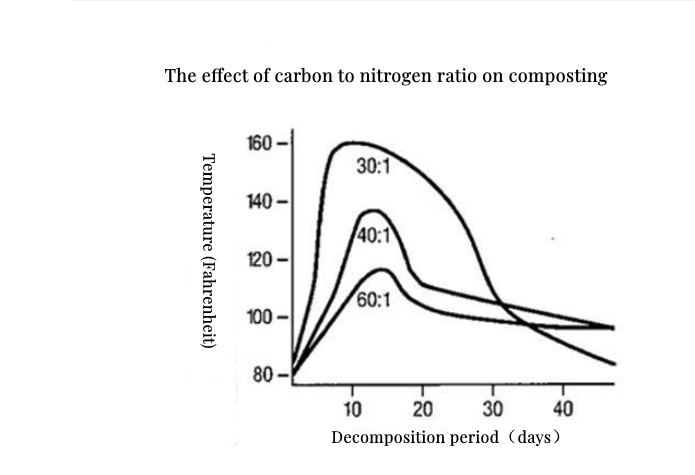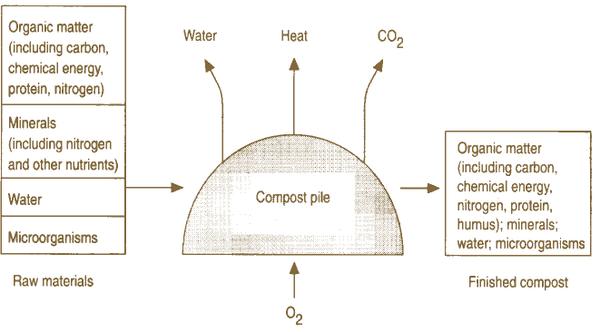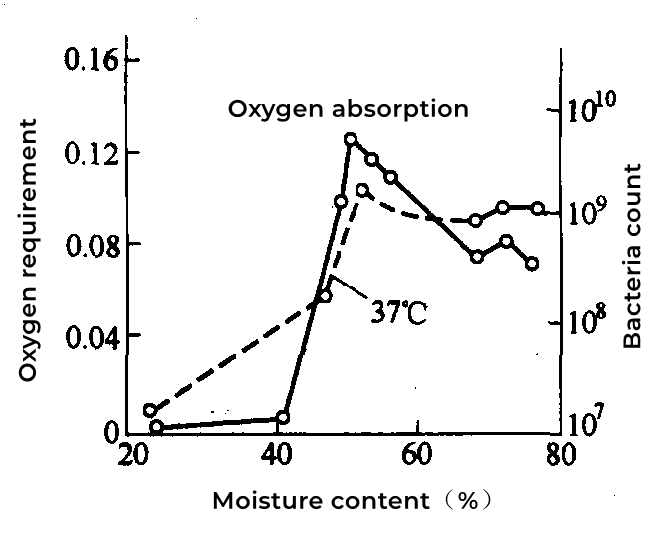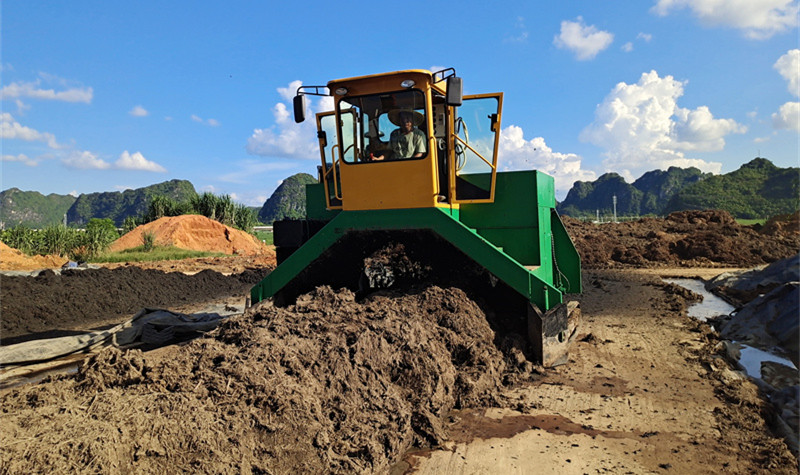Composting is a crucial process for converting organic waste into nutrient-rich compost, but it must also be managed effectively to avoid frequent mistakes. Here are some frequent faults that might arise during the manufacture of organic compost:
1. Improper carbon to nitrogen ratio (C: N ratio):
Maintaining the proper balance of carbon-rich (e.g., dry leaves, straw) and nitrogen-rich (e.g., food scraps, green waste) materials is critical to successful composting. When an appropriate carbon-to-nitrogen ratio is not maintained, composting can be slow or ineffective.
Related article:
How to Adjust the Carbon to Nitrogen Ratio in Composting Raw Materials
https://www.compostturners.net/news/how-to-adjust-the-carbon-to-nitrogen-ratio/
2. Insufficient ventilation:
Aeration is required to provide oxygen to the microorganisms that are responsible for the composting process. Inadequate ventilation can cause anaerobic conditions, disagreeable odors, and a delayed decomposition process.
Related article:
The effect of Oxygen on Composting
https://www.compostturners.net/news/effect-of-oxygen-on-composting/
3. Insufficient moisture:
Compost piles require the right amount of moisture to encourage microbial activity and decomposition. Too little moisture can hinder this process, while too much moisture can create a humid, anaerobic environment.
Related article:
What is the right moisture for compost?
https://www.compostturners.net/news/moisture-for-compost/
4. Lack of turning or mixing:
Compost must be turned or mixed on a regular basis to aerate it, remove heat, and maintain even decomposition. If you skip this step, you risk uneven composting, bad odors, and extended composting times.
Related article:
Why organic compost must be turned over when fermenting?
https://www.compostturners.net/news/why-compost-need-turned/
5. Add non-compostable items:
Adding non-organic or inappropriate materials to your compost pile, such as plastic, metal, or treated wood, can contaminate the compost and introduce toxins. Only organic materials suitable for composting should be included.
Related article:
What can be composted?
https://www.compostturners.net/news/what-can-be-composted/
6. Introducing diseased or infected plant material:
Adding diseased plants or pest-infested plant material may spread diseases and pests into the resulting compost, which may cause some undesirable problems when used in the garden or on crops.
7. Compost pile overload:
Adding too much material to your compost pile can overwhelm the microbiome and hinder decomposition. It is important to gradually add organic matter to the manageable layer.
8. Ignore smell issues:
Foul or noxious odors from your compost pile may indicate the presence of anaerobic conditions, improper moisture levels, or improper materials. Ignoring these odors can cause the composting process to fail.
9. Not enough time to mature:
Rushing the composting process and not allowing enough time for the compost to fully mature can result in immature compost that may not be fully stable and may be harmful to plants.
10. Not monitoring processes:
Failure to monitor the composting process on a regular basis (for example, the temperature within the compost pile) might result in missed chances to alter moisture levels, turn the compost pile, or correct other parameters required for successful composting.
Related articles:
How to control the temperature during composting?
https://www.compostturners.net/news/how-to-control-compost-temperature/
You may optimize your composting process and produce high-quality compost that enhances soil health and encourages sustainable gardening or farming activities by being aware of these frequent mistakes and taking proactive actions to avoid them.
Post time: Sep-26-2023




